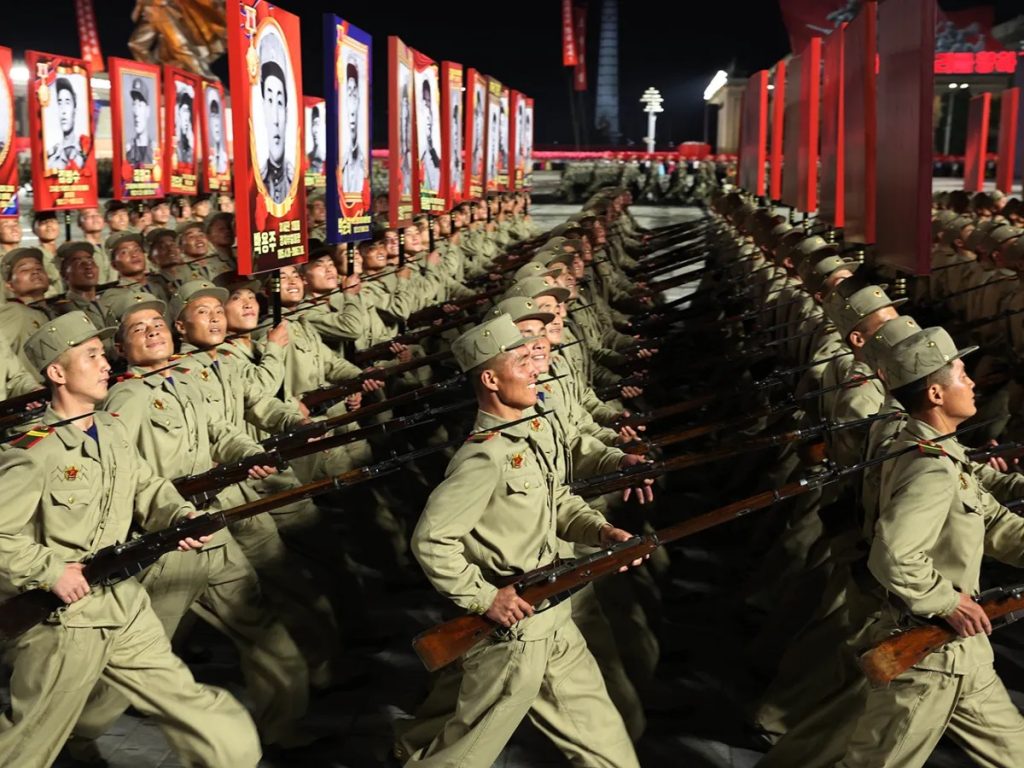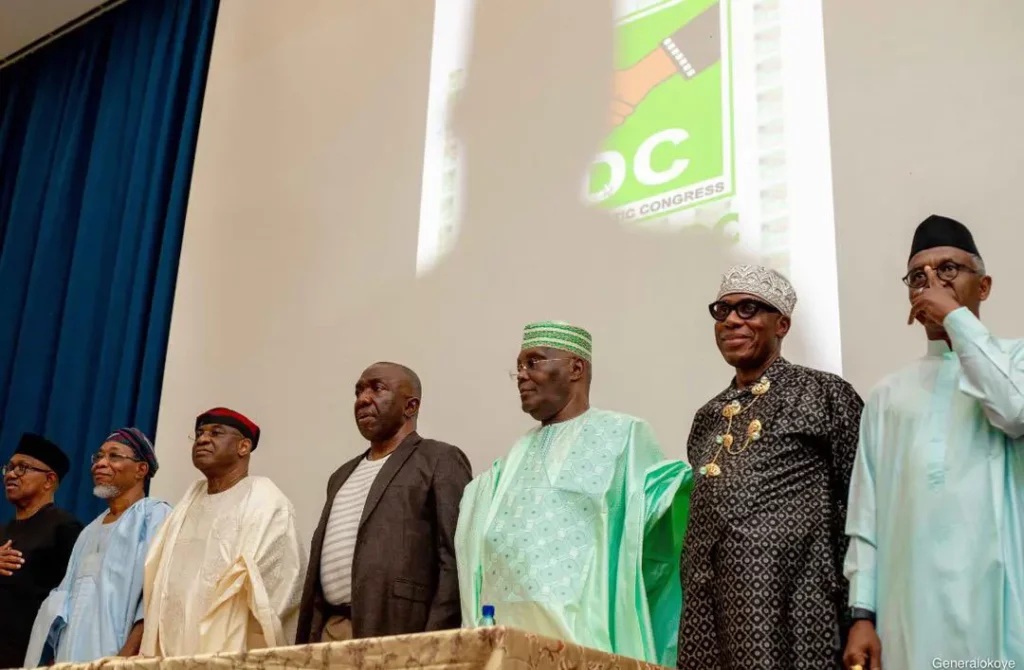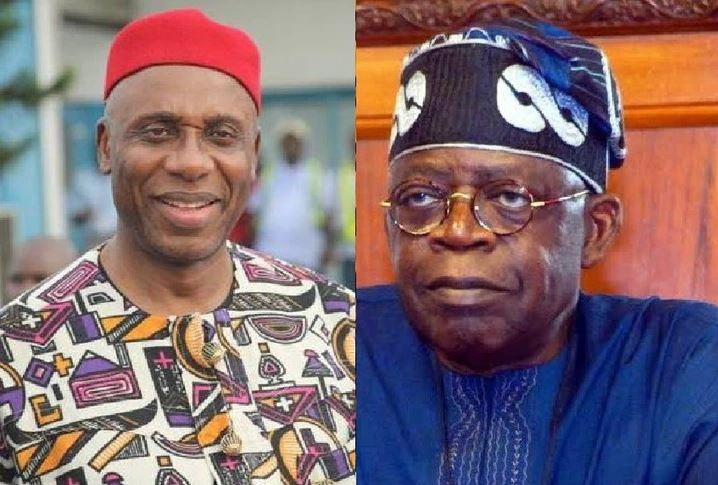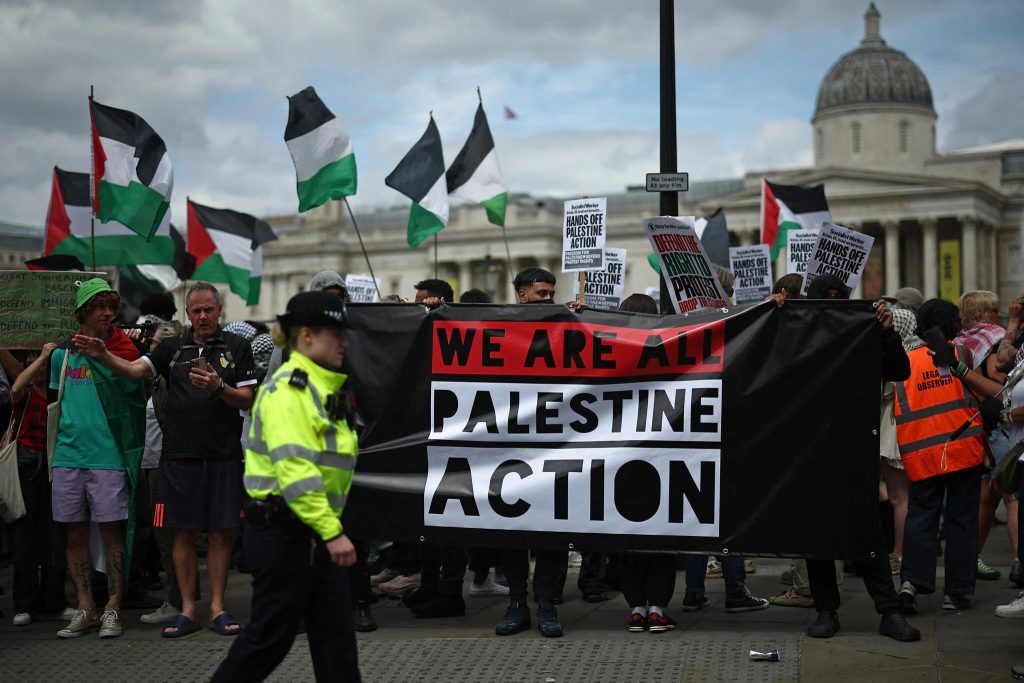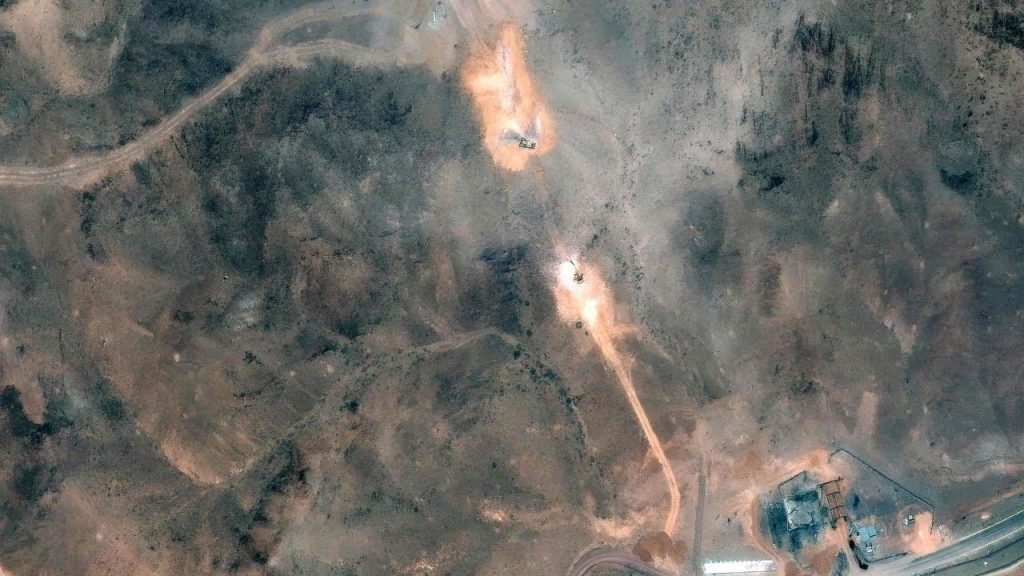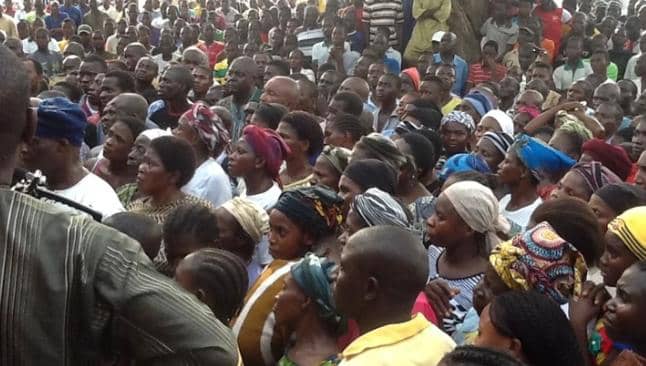Africa
‘Why independent marketers can’t buy PMS from Dangote Refinery’

Due to the pricing mechanism in the oil sector, independent oil marketers may not be able to buy petrol for sale from the Dangote Refinery.
The Nigerian National Petroleum Company Limited (NNPCL) has been the sole off-taker of petrol in the refinery since it rolled out product on September 15.
However, there has been a pricing disagreement, following which independent marketers have been itching to be given the opportunity for direct purchase from the refinery.
Also yesterday, the House of Representatives made a case for the marketers to be given the opportunity.
But an expert in the industry, Festus Osifo, said with the current situation of things, even if independent markets are allowed to buy the product from the refinery, the pump price will be higher than it is present.
Osifo, who spoke at a news conference in Lagos said: “The NNPCL buys petrol from Dangote Refinery at a cost, but does some level of subsidy on it.
This is the reason other marketers cannot go and buy directly from Dangote Refinery today; not that NNPCL is stopping them (other marketers) from going to buy.
“But the truth is that if NNPCL is buying at N898 and selling at N950, including factoring in all the costs like those payable to NIMASA, NPA, NMDPRA, etc, and now selling at N700+ to marketers, it means there is a shortfall which NNPCL is managing.
“However, if other marketers go directly to buy from Dangote at the same price, they will probably sell at N1,200 per litre. This is the difference. So, it is not that NNPCL is trying to play monopoly.”
Osifo, who is President of Petroleum and Natural Gas Senior Staff Association of Nigeria (PENGASSAN), added: “But if there was 100 percent deregulation, then, everybody can go and buy and sell at whatever price they want; but because there is still some form of under-recovery which NNPCL undertakes, then, that is why we still have some price distortions.”
However, Osifo, who doubles as the President of the Trade Union Congress (TUC), absolved Dangote Refinery of any blame on the petrol price disagreement.
“You must understand where Dangote is coming from. He didn’t invest that amount of money($20 billion) because he is a charity. He will pay interest on the loans obtained to build the refinery,” he said.
Giving an insight into the crude supply crisis, the PENGASSAN boss said the public must understand that the oil and gas industry is still highly regulated.
According to him, the management of the 650,000 barrels per day capacity Dangote Refinery should have long-negotiated crude supply to the refinery by IOCs and NNPCL before the facility was completed.
This, he said, is because crude supply or purchases are usually booked ahead of time because the IOCs always have long-term contractual agreements with their customers.
Besides, he explained that Nigeria had already tied some of its crude oil to loan repayments since 2015.
This means that the quantity the country produces already has quotas for disbursement.
Osifo said: “Dangote should have negotiated crude oil supply long before he completed his refinery, not after completion. What Dangote should have done is that he should have started discussing the crude supply and signed contracts with crude suppliers five years ago, not six months into refinery production. This is the truth. Nigeria has already tied some of the crude oil to loan repayment; this happened between 2015 and today.
“When you hear that Nigeria produces 1.6 mbpd, it is not entirely for the country because there are lots of IOCs as Joint Venture (JV) partners and all of them are in production. So, in crude production, the Federal Government has at best 60 percent while the IOCs have 40 percent at best.
“This means the portion of JVs has to be disaggregated from the total production volume and once that is done, the portion left is for the government; the IOCs put money in producing the crude oil and it means they are at liberty to sell crude to the highest bidder.
“Besides, the IOCs have their trading companies, which they are locked in a contract with; these IOCs may also have had off-takers since 2020 or even more whom they may have signed a supply contract with.
“Government cannot literarily come and compel IOCs to take crude oil and sell to Dangote Refinery. It is a bit tricky because if it also fails to meet their obligation to their contractors, it will become a problem.
‘’One of the platforms owned by TotalEnergies, that is, the Egina FPSO, costs $16 billion to build; so they must recover their money. If you strangulate them here, they can go elsewhere.”
Osifo added that crude supply to Dangote Refinery was also affected by the likely request to pay a premium since it was an emergency need.
“They (IOCs) could have told him (Dangote Refinery) that if you want us to supply you immediately, then, you will have to pay a premium because everybody is in business.
“So, it was the issue of premium payment that led to the initial conversation that they were not supplying him crude oil because most of the IOCs asked him for premium payment.
“On the part of the NNPCL, they also have their crude oil. But some years ago, the Buhari government borrowed money from AfriExim Bank and some quantities of crude produced daily were tied to paying back this money.
“NNPCL was importing PMS at a price; so, Dangote is saying pay me the same price that you are paying Rotterdam or Malta to import PMS; but NNPCL is reluctant to pay such because it feels that it pays a high premium on PMS from Malta and others, whereas Dangote Refinery is a Nigerian company and as such, it can’t pay the firm the same amount at which it imports; and that became a problem,” the TUC President said.
However, Osifo agreed that Dangote Refinery has a right to ask for such payments because it has to pay back his loan.
“NNPCL wants to calculate it in local conversion. Platts is an international price to calculate PMS and it is usually fixed based on the crude oil price weekly. So, people buy from the refinery at Platts without a premium, but at a particular time NNPCL was importing at Platts plus premium; Dangote wanted the premium paid on the Platts, but NNPCL said since Dangote wanted a premium on the Platts, then, it also has to pay premium on the crude.’’
Osifo explained that the agreement as of today is that Dangote is offering PMS at Platts plus N42 as seen in the price template sheet released by NNPCL
“It was just a contractual issue between both parties; but thank God that they have found a way to resolve it as of today. So, with all the costs imputed, PMS will be around N950 per litre- this is what NNPCL will pay to Dangote, NIMASA, NPA, NMDPRA, and others,” Osifo added.
House of Reps intervention
The House of Representatives has called on the Federal Government to direct the Nigerian National Petroleum Corporation Limited (NNPCL) and Dangote Refinery to work out a modality for independent petroleum marketers to be able to lift petrol from the $ 20 billion newly established facility in Lagos
The House also wants the NNPCL and Dangote to tell Nigerians the exact depot price of petrol at the refinery.
The requests followed a motion of urgent public importance by a member of the House, Oboku Oforji.
Oforji recalled that NNPCL had been the sole off-taker of petrol from the refinery since September 15.
He added that it was only recently that major marketers got access to lift the Dagote petrol from the NNPCL depots.
The lawmaker argued that since Nigerians pass through a lot to buy petrol, NNPCL should allow independent marketers to lift the product from the Dangote Refinery.
He reasoned that doing so would lead to competition, availability and a reduction in petrol price.
The lawmaker advised that apart from allowing independent marketers to also lift fuel, Dangote Refinery should either build or acquire tank farms or depots in the six geo-political zones of the country .
He also wants the government to direct NNPCL to reveal the price it sells crude to Dangote Refinery and for the refinery to make public the price it sells petrol to the oil giant
Oforji said: “The House is worried that NNPCL and the major marketers as exclusive off-takers, spell monopoly which is equivalent to greed. This is the same NNPCL that has failed to manage our crude and refineries for decades.
“If this monopoly is not nipped in the bud, the suffering of Nigerians occasioned by the scarcity of PMS will continue and we all know the implications on the economy.
“No wonder the late MKO Abiola of blessed memory, in a viral video, some years ago, lamented that the NNPCL lacks transparency and accountability.
“The House is disturbed that allowing the NNPCL and major marketers to lift Premium Motor Spirit from the refinery to the exclusion of independent marketers, is not good enough.”
According to him, “IPMAN representatives have expressed fears that it may be forced to resort to fuel imports to sustain their businesses.”
While commending Dangote Group for the commencement of petroleum refining, Oforji said with the feat, the journey to Nigeria’s energy self-sufficiency may have begun.
“The House notes that by this feat, Nigeria is driving towards energy self-sufficiency, cost and foreign exchange savings, meeting the increasing demand for fuels and attracting foreign capital investment. The generation of forex through the export of finished products, conservation of foreign exchange and huge value addition will contribute to an increase in Nigeria’s Gross Domestic Product.”
Speaker of the House, Tajudeen Abass inaugurated a panel to investigate the crisis in the petroleum and gas sector
The committee chaired by House Leader, Julius Ihonvbere will be a joint committee with the Senate.
Members of the committee are Kelechi Nwogu, Patrick Umoh and Sada Soli.
There is need for focus, says Kalu
Policies have to be taken very seriously,” one-time Minister of Finance Dr. Kalu Idika has said.
He argued that the management of subsidies and similar policies “goes to the question of economic leadership”.
“We should not just say we don’t know where we are going,” Kalu said. According to him, the managers of the nation’s economy should work on the best model that will deliver development to the citizens.
The former minister said the managers of the economy must be flexible to ensure the country is well-positioned to grow.
For Diaspora Digital Media Updates click on Whatsapp, or Telegram. For eyewitness accounts/ reports/ articles, write to: citizenreports@diasporadigitalmedia.com. Follow us on X (Fomerly Twitter) or Facebook



